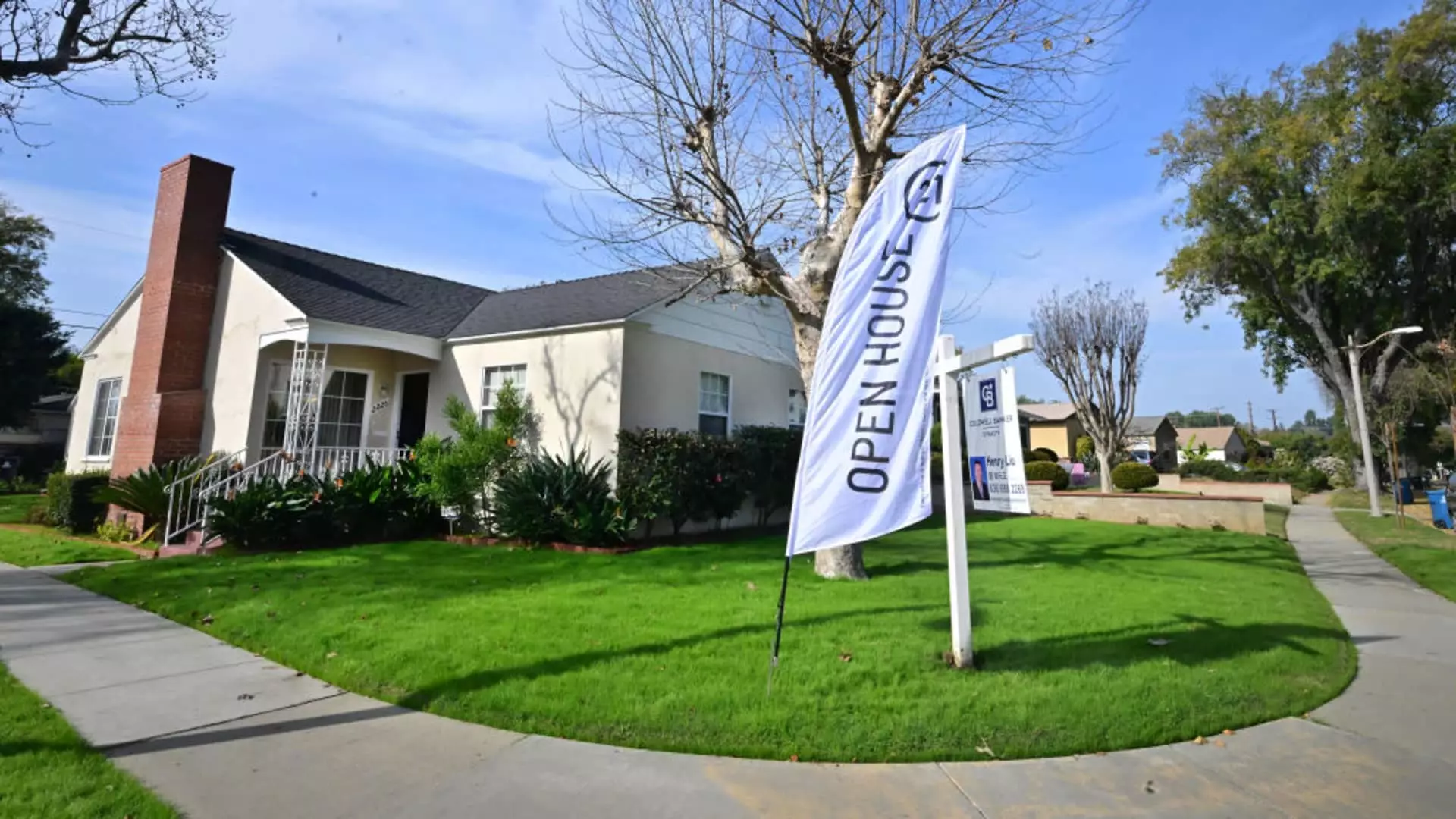In the past week, mortgage rates have experienced yet another increase, adversely affecting both refinance and purchase activities in the housing market. The Mortgage Bankers Association reported a notable decline of 10.8% in total mortgage application volume compared to the week prior, reflecting a significant shift in consumer behavior. Rising interest rates are leading to an environment where potential homebuyers and those looking to refinance may be more hesitant to proceed, feeling the pressure of higher costs.
This week, the average fixed-rate mortgage for 30 years with conforming loan balances, defined as those amounting to $766,550 or less, rose to 6.81%, a jump from the previous week’s 6.73%. While points have slightly decreased from 0.69 to 0.68, the originations costs coupled with the increasing rates might deter many buyers from entering the market. The economic climate, marked by these rising rates, has resulted in a six-week streak of declining mortgage applications, as noted by Joel Kan, an economist at the MBA.
Refinance applications have been particularly susceptible to fluctuations in interest rates, suffering a sharp decline of 19% for the week. In stark contrast, refinance applications were still up 48% compared to the same week last year. It’s noteworthy, however, that the average loan size for refinances has dipped below $300,000. This may indicate that borrowers with larger loans are taking a more cautious approach due to the ongoing volatility in mortgage rates.
Despite the remarkable year-over-year increase in refinance applications, the current environment highlights a growing concern among consumers. Borrowers are evidently feeling the impact of current financial conditions, and the trend suggests that many are either refraining from refinancing larger loans or reevaluating their financial strategies altogether.
The applications for mortgages aimed at purchasing homes have also decreased by 5% over the past week, although they still show a modest 2% increase compared to the same time last year. Interestingly, there has been a recent uptick in homebuying activity as market conditions appeared favorable—more properties have become available for purchase, and home prices show signs of stabilization. However, the pressure of increasing mortgage rates is pricing many potential buyers out of the market, leaving them to ponder their options amidst a climate of economic uncertainty.
The growing concern regarding the upcoming election and its potential ramifications appears to further complicate the situation, with many prospective buyers hesitant to finalize their decisions. As discussions around interest rates loom on the horizon, especially with the Federal Reserve’s impending rate decision, it is clear that the housing market remains highly sensitive to shifts in economic indicators.
As mortgage rates continue to climb, both refinancing and home purchasing demand are likely to face ongoing challenges. Potential buyers may remain cautious, navigating an intricate landscape shaped by evolving economic conditions and market responses. With uncertainty ahead, the future of the housing market appears to be in a delicate balance.

